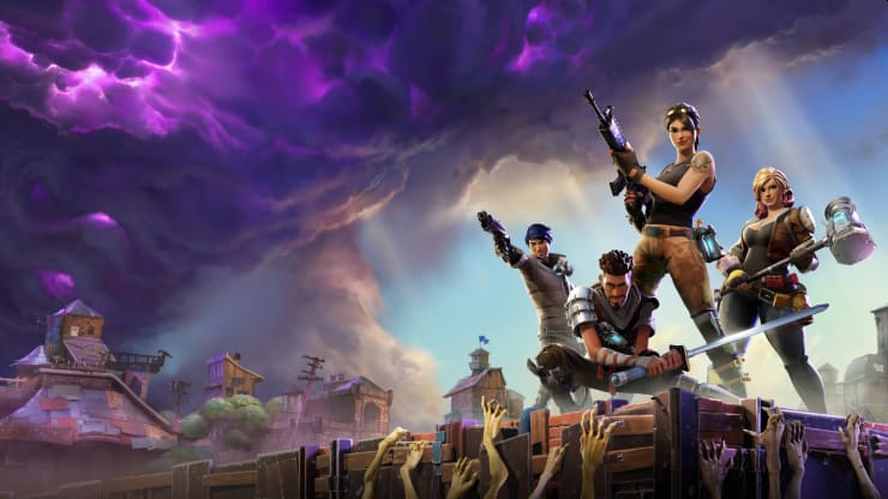The future of trading games is poised to evolve dramatically, as advancements in technology, player behavior, and virtual economy dynamics continue to shape the gaming landscape. Trading games, which allow players to buy, sell, and trade virtual goods, have grown increasingly sophisticated, reflecting broader trends in both the gaming industry and the real-world economy. One of the most significant trends is the rise of block chain technology and non-fungible tokens NFTs. These innovations are set to revolutionize virtual economies by giving players true ownership of in-game assets. With block chain, players can trade items across different games or even monetize their virtual collections in real-world marketplaces, creating a more decentralized and transparent economy. Another key trend shaping trading games is the growing importance of player-driven economies. In the past, game developers controlled most of the in-game economic activity, setting prices and regulating trade. However, modern games are giving players more control, allowing supply and demand dynamics to emerge organically.

This shift creates a more immersive and engaging experience, as players must not only master gameplay but also understand economic principles. Games like EVE Online and Run escape have pioneered this player-driven economy model, and its success is encouraging other developers to follow suit. In addition to block chain and player-driven economies, the rise of virtual reality VR and augmented reality AR is poised to enhance how players interact within these trading environments. These technologies are expected to make trading more interactive and lifelike, as players will be able to walk through virtual marketplaces, inspect items in 3D, and negotiate with other players as if they were in a real-world setting. This could lead to a richer and more tactile trading experience, drawing in more players who are interested in the social and interactive aspects of trading games. Finally, the future of trading games will likely be influenced by the increasing integration of artificial intelligence AI.
AI can enhance matchmaking systems to pair players with similar trading interests or skill levels, while also providing personalized recommendations based on a player’s trading history. Furthermore, AI-powered bots could free games online a more significant role in facilitating trades, helping manage in-game economies by ensuring fair prices and preventing inflation or deflation. In summary, the future of trading games will be shaped by the intersection of block chain technology, player-driven economies, immersive VR/AR experiences, and AI advancements. These trends will not only transform how players interact with virtual goods but also how they engage with each other, creating more dynamic, decentralized, and immersive trading environments. As these trends continue to develop, the line between virtual and real-world economies may blur even further, opening new possibilities for the gaming industry.
